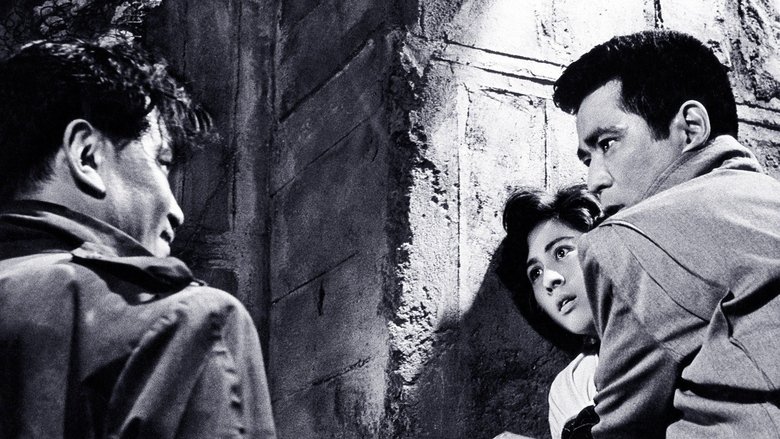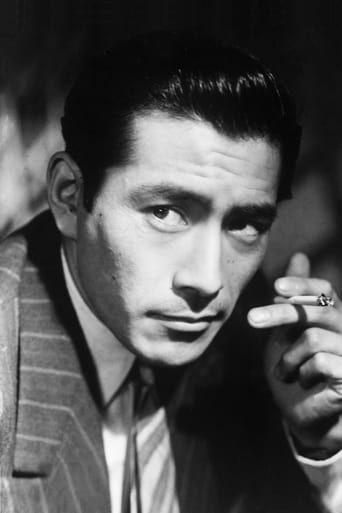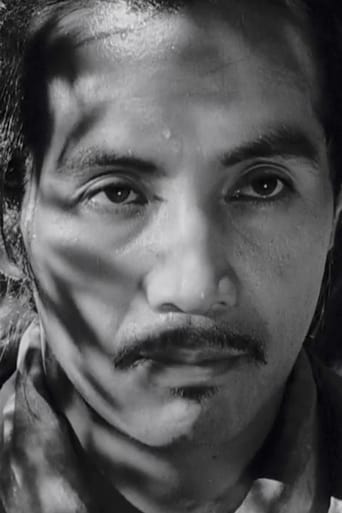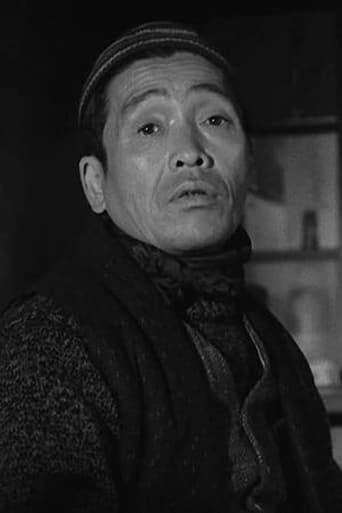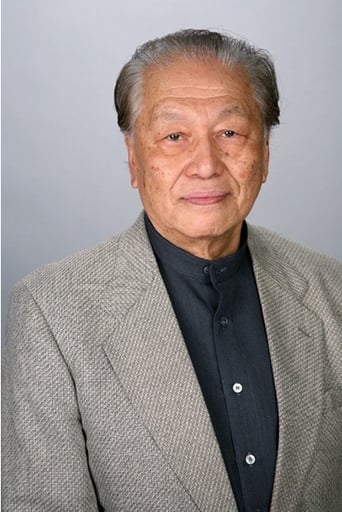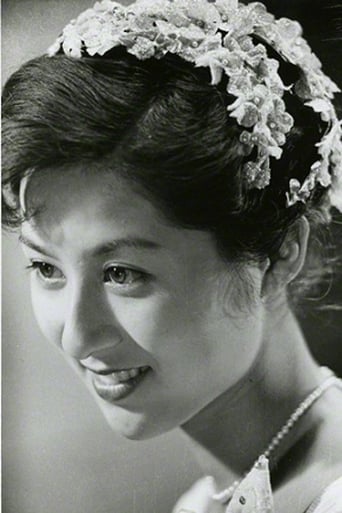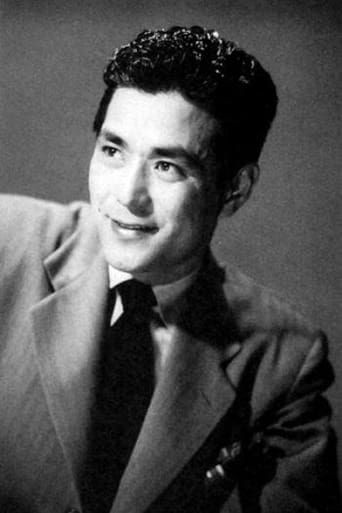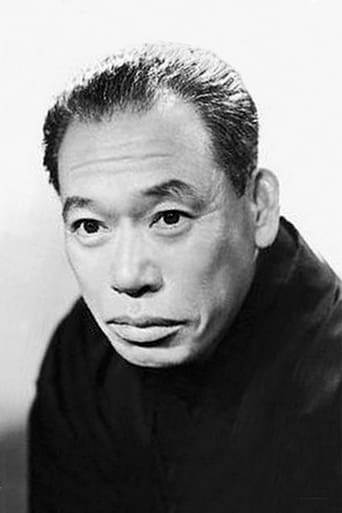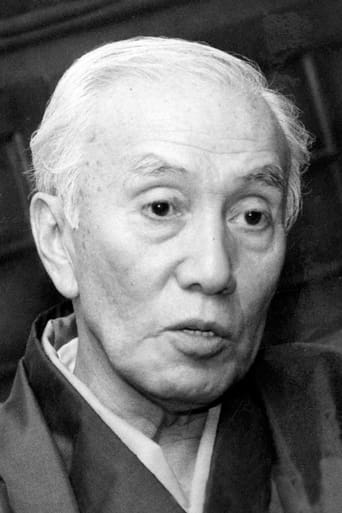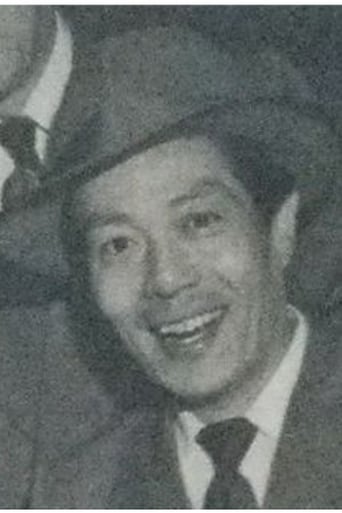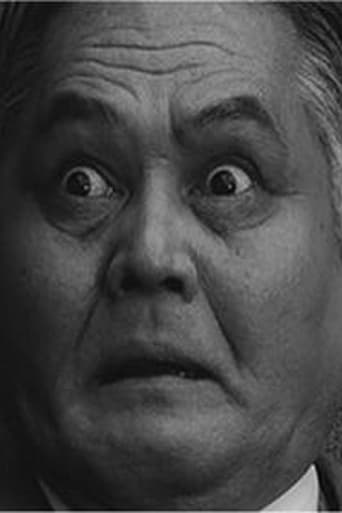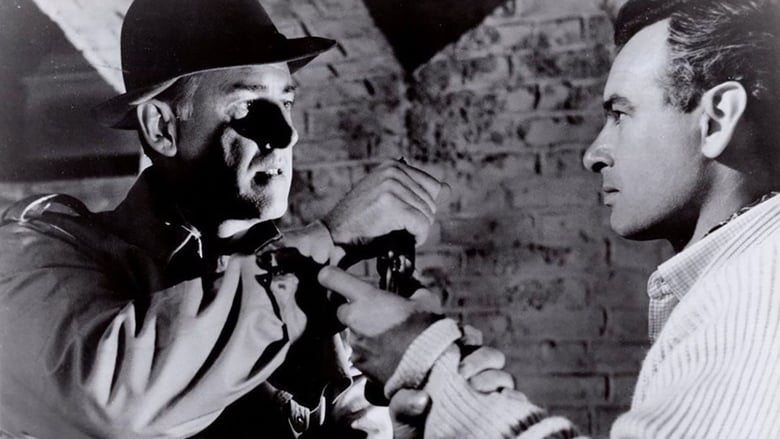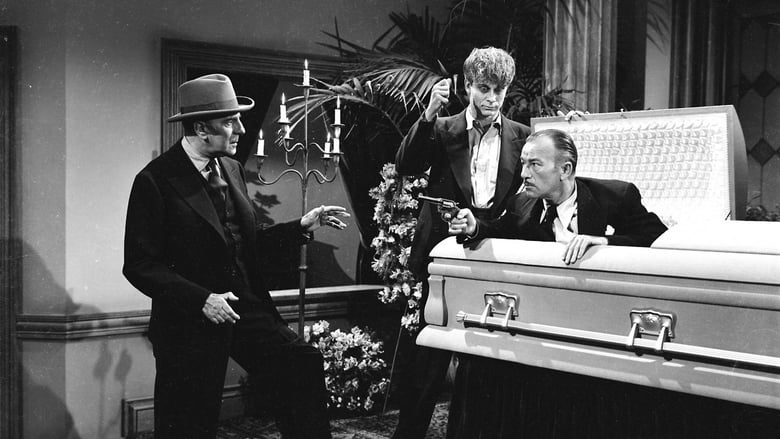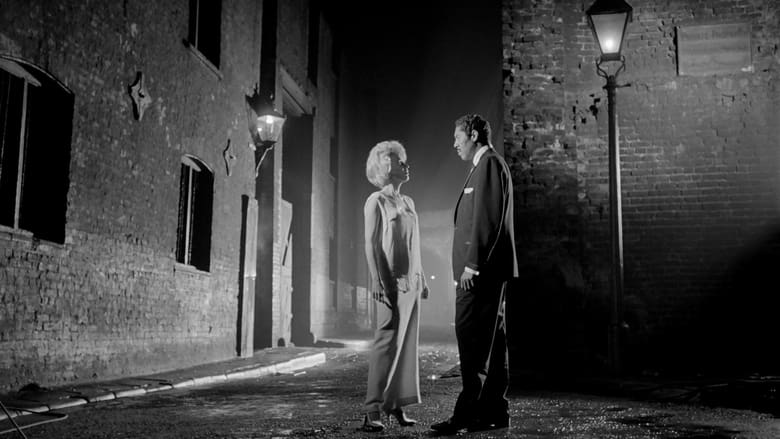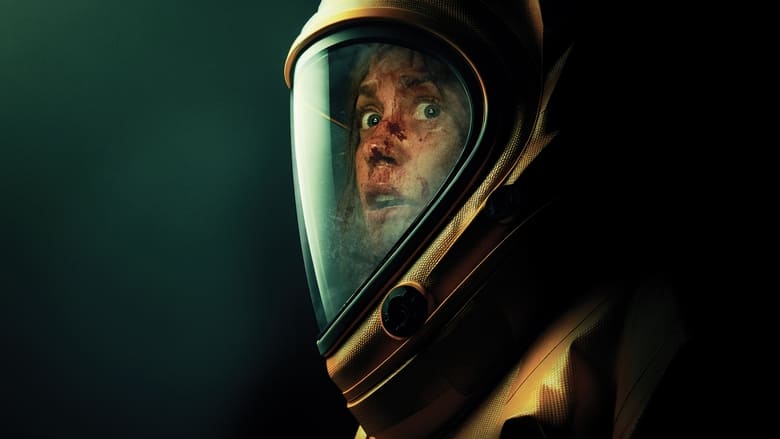In this loose adaptation of "Hamlet," illegitimate son Kôichi Nishi climbs to a high position within a Japanese corporation and marries the crippled daughter of company vice president Iwabuchi. At the reception, the wedding cake is a replica of their corporate headquarters, but an aspect of the design reminds the party of the hushed-up death of Nishi's father. It is then that Nishi unleashes his plan to avenge his father's death.


Similar titles

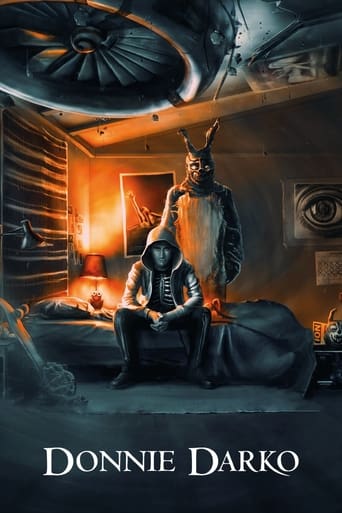
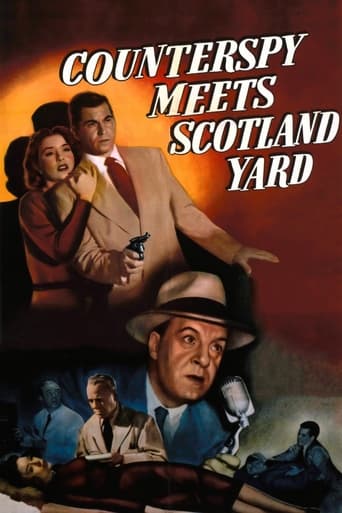

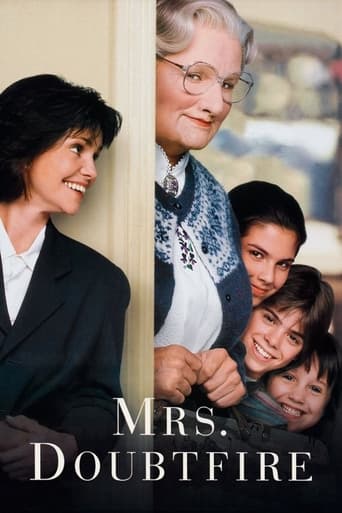
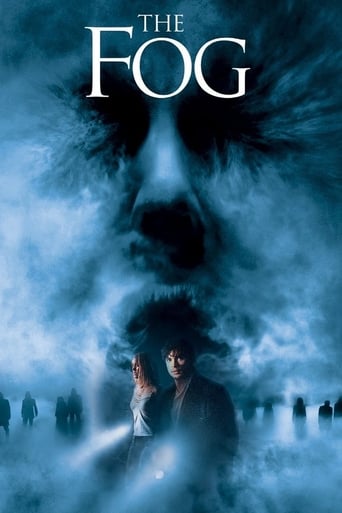
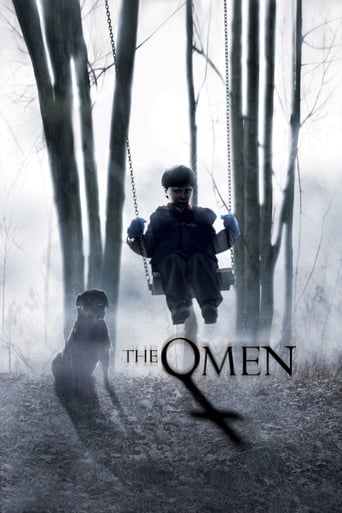
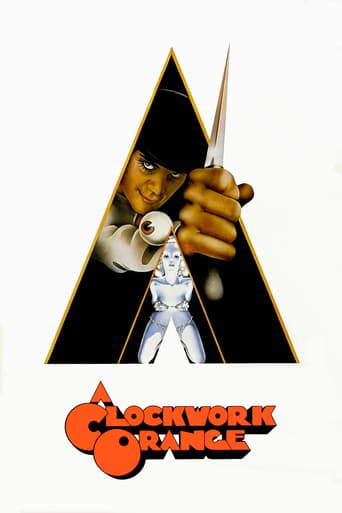
Reviews
While enjoyable, the film to me was very long and drawn out in it's pacing, but it has moments of brilliance and Kurosawa's usual artful directing style. Toshiro Mifune is rather restrained and against type, but it suits the film well. His character marries into a family of wealthy, corrupt bureaucrats who have a tendency to not get caught, silencing any dissenting voices, especially from any employees who don't play along. "The Bad Sleep Well" has it's fair share of twists and turns, playing out like a film noir, with a distinctive Japanese twist.After recently watching Kurosawa's masterful ransom drama "High and Low", this movie comes off as a bit of a let down, mainly because I felt the story didn't need to be as convoluted as it was (the opening marriage scene, for example, has all the main players and their back stories hurriedly introduced by a group of observing reporters) and from the start it was a bit hard to follow along and be as connected with the characters and plot as I'd have liked to have been. In saying all that, the ending is brilliant, lending great dramatic weight to the proceeding events as well as being completely surprising.
Once again we must bow at the feet of the master. Kurosawa's postwar Hamlet is rife with irony in its skillful, profound handling of the perennial 'question of evil.' The protagonist Nishi finds himself gradually becoming as corrupt and brutal in his own way as the degraded men he seeks to expose. Fallen corporate executive Wada and Nishi's wife, the daughter of the corrupt Public Corporation's CEO Iwabuchi, remain just about the only truly innocent characters. Even her brother is motivated by homicidal revenge. Then there's the irony of Nishi using underground ruins from a World War II bombing to hide his captive in. Kurosawa thus emphasizes the 'descent to hell' in a striking visual metaphor near the end of the film when Nishi's clever gamesmanship has resulted in him having to commit serious crimes in order to carry out his scheme for revenge. The setting may also double as an ironic commentary on the after-effects of the war on Japanese society in general. This so far is the most American Kurosawa film I've seen: the cars, clothes, the men's hair and some of the characters' mannerisms—even the executive Iwabuchi lives in a Western- style home. Is Kurosawa saying that American ways have corrupted Japanese society? That would have been shockingly bold when the film was made in 1960, with American money still pouring into the rebuilding of Japan. In many ways The Bad Sleep Well is also Kurosawa's tribute to the American film noir genre. Take away the Japanese dialogue and the urban Japanese setting and imagine it in Chicago or New York or LA, and even esthetically the look is noir. Kurosawa wastes no opportunity to depict the antihero Nishi casting a heavy shadow on the wall. In a less overt way, Nishi's naive bride is the classic noir femme fatale, in the sense that it's her who is fooled by her corrupt father into revealing her husband's hiding place. Just as in classic American noir, the men may be tough guys but when it comes to sacrificing their vision of virginal womanhood, they crumble.My favourite line in the film—and the one that probably sums up Kurosawa's theme in a single sentence: "You can't bring evil to justice by using the law." But if you're a brilliant film director, you can torture corrupt characters in cinematic hell for their crimes. The long opening sequence with the reporters observing the marriage of Iwabuchi's daughter to Nishi is positively delicious. As uncomfortable revelations are made by the public prosecutor, with the hungry press scooping every dirty detail, we get to watch the executives squirm. The entire stiff pantomime of the marriage ceremony (though with the Western wedding march) becomes both a satire of traditional ritual and a living purgatory for the guilty. Very much as it was for Hamlet's shattered family in the wake of a covered-up murder. Meanwhile the phalanx of reporters in The Bad Sleep Well becomes a kind of Greek chorus, providing the subtext to the unfolding event. Judging by Nishi's fate, Kurosawa also seems to be saying, "You can't bring evil to justice by using lawlessness." Which leaves one wondering: is there any solution to the problem of evil? If that's the message, then the film comes to an ultimately pessimistic conclusion about human nature, just as many noir classics do. An amazing achievement in film art.
I can't help comparing Public Corporation Vice President Iwabuchi (Masayuki Mori) with Daniel Day Lewis in There Will Be Blood. Sure, Lewis was an over-the-top psychopath, and Iwabuchi most understated, but that is the Japanese character that Akira Kurosawa displays so well in all his films.No, this is not another samurai film. Those are well know, but the same talent gives us films that delve into the social problems of Japan, which are the same as we have today 50 years later in the U.S. - corrupt public officials and greedy corporate buzzards.Someone is out to bring them down, and the motivation comes as a complete surprise to those who can't see the clues as well as Sherlock Holmes. I was distracted by the prodigal son (Tatsuya Mihashi), and thought he may be behind it. Boy, was I surprised! You may suspect, but you have to wait until the last minute to see what type of man you are dealing with, but then I gave it away. He is as evil as Lewis.
Director Akira Kurosawa and star Toshiro Mifune collaborated on many of the 20th Century's most acclaimed and appreciated films, including "The Seven Samurai," "Rashamon" and "Red Beard." In my opinion this particular collaboration isn't quite as impressive as these films or "Stray Dog," but it is a solid dark melodrama that explores its characters even while it follows them on a fatal journey. Mifune plays Koichi Nishi, a man who marries into the family of the vice president (Matsayuki Mori) of the Public Corporation in order to get revenge on the executives who caused the suicide death of his father.There's several problems for me with the story. First of all I never really believed that Nishi was in love with his wife (Tatsuya Mihashi). Yes, I can believe that he can recognize the quality of her spirit and I find the melodrama of the conflict between his revenge death-wish and his personal feelings compelling, but I don't think it was established well enough beyond the simple fact of Nishi stating that it was so. Also I think there's an insurmountable cultural difference that tends to take at least a modern American audience (if not very possibly a modern Japanese audience) out of the movie to some extent there's an assumption built into the story that we will accept that these suicides were the natural consequence of the corporate misdeeds perpetrated by Iwabuchi and his underlings. However in our culture you would be more likely to go talk to a federal watchdog agency than to jump out of a window if you discovered that your superiors were grafting the public coffers. That makes the whole melodrama feel a bit overwrought and Nishi's anger somewhat misplaced.However these relatively unconvincing elements are made up for to a great extent by a variety of really astonishing setpeice scenes. Probably the most memorable is when Nishi takes Wada (Kamatari Fujiwara) to watch his own funeral, even providing a soundtrack of his superiors gloating over his death as broadcast by 2 track tape device! The inter-cutting between the horrified Wada and the solemn attitudes of the pallbearers and mourners is truly striking and bizarre. I also thought the scenes where Wada was presented as a "ghost" in the alleyway were very well done. The film starts to bog down in the extended sequences where the kidnapped Moriyama (Takashi Shimura) is starved into confessing his corporate secrets. But the ending is suitably dark and offers no escape from the decisions made at whatever point in the past.Perhaps I will have more comments on this one if I watch it again in the future, but for now this is all I really have to say.

